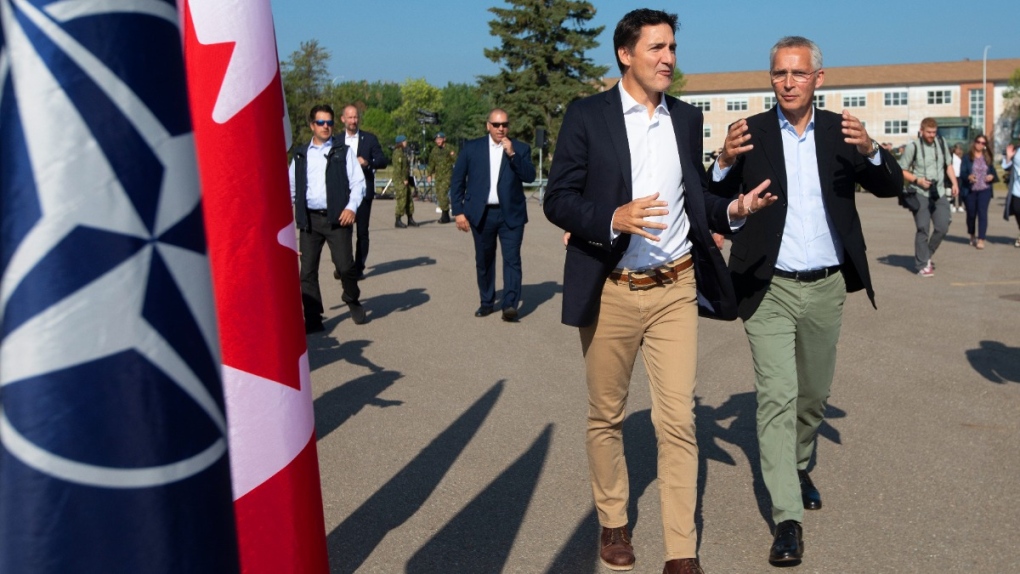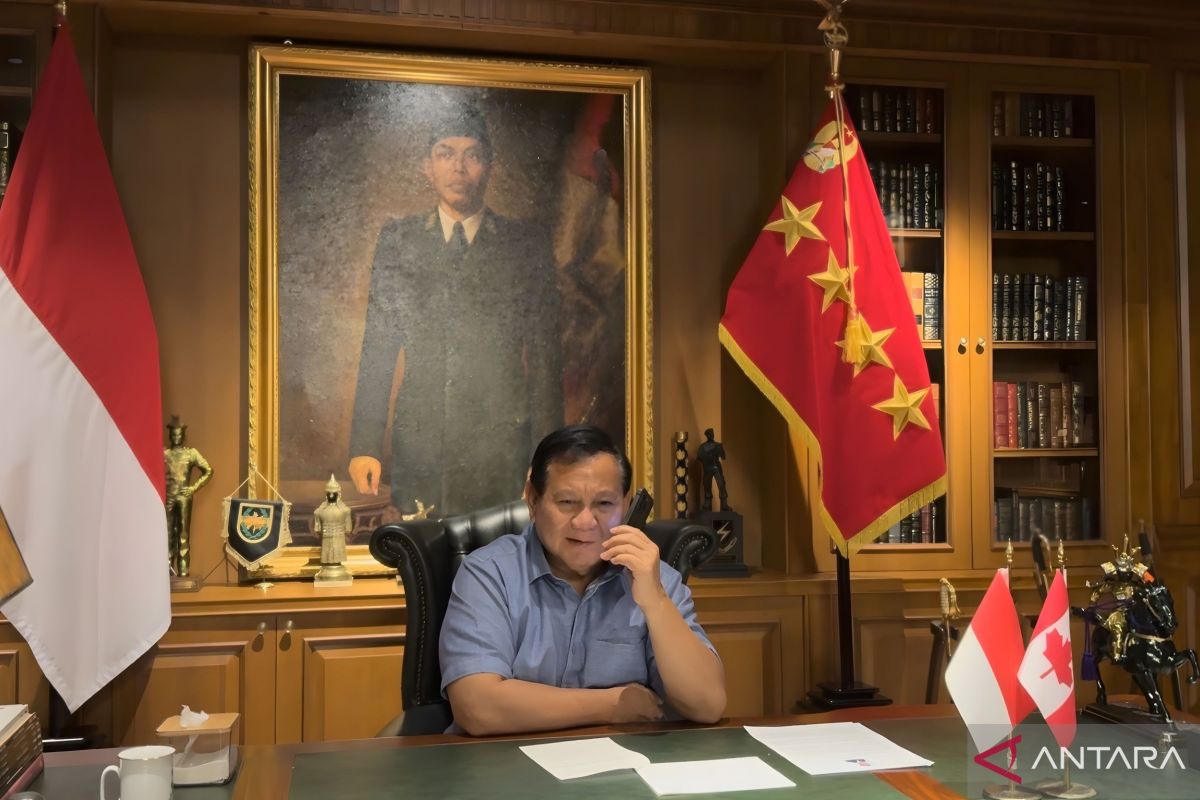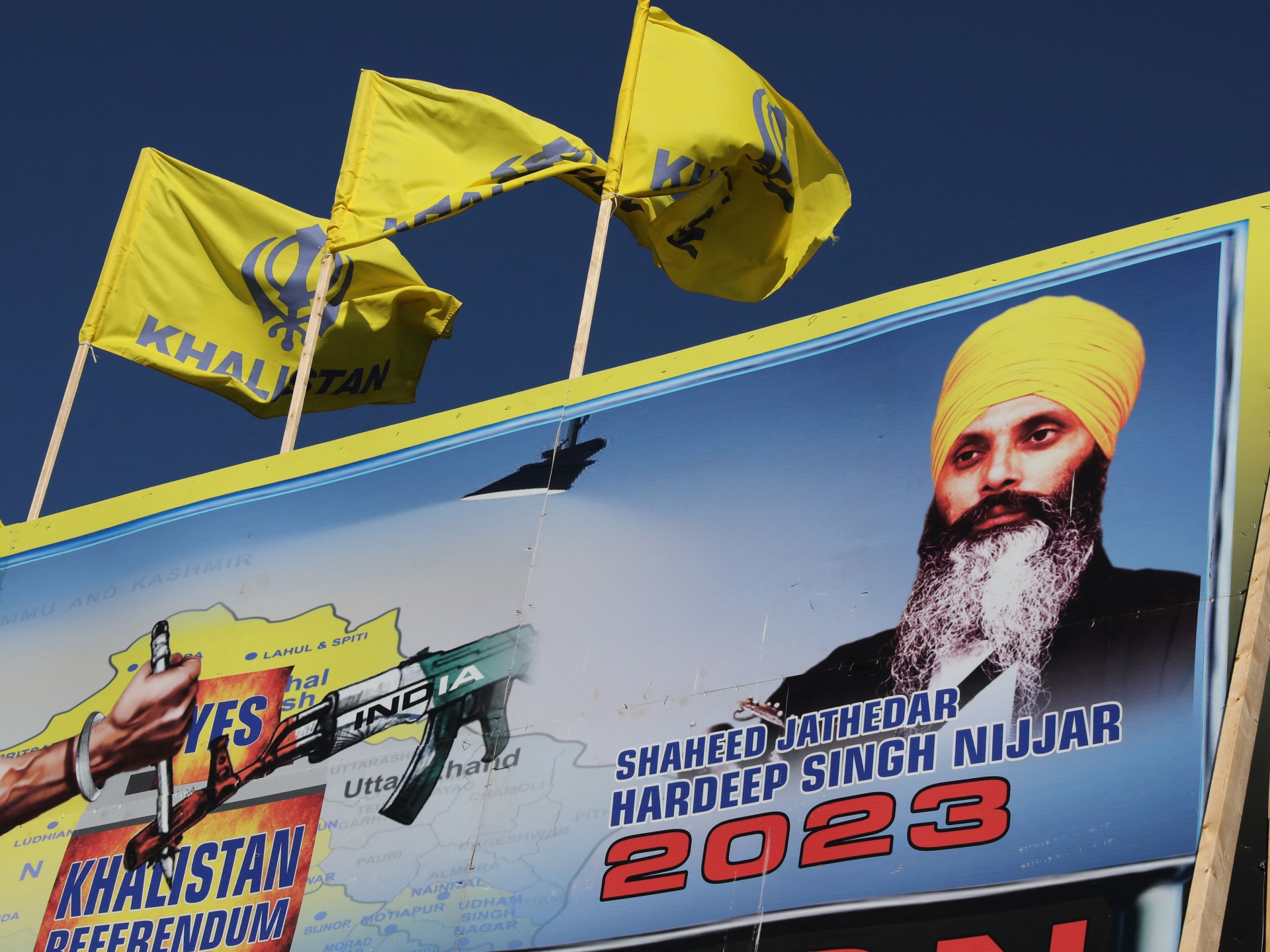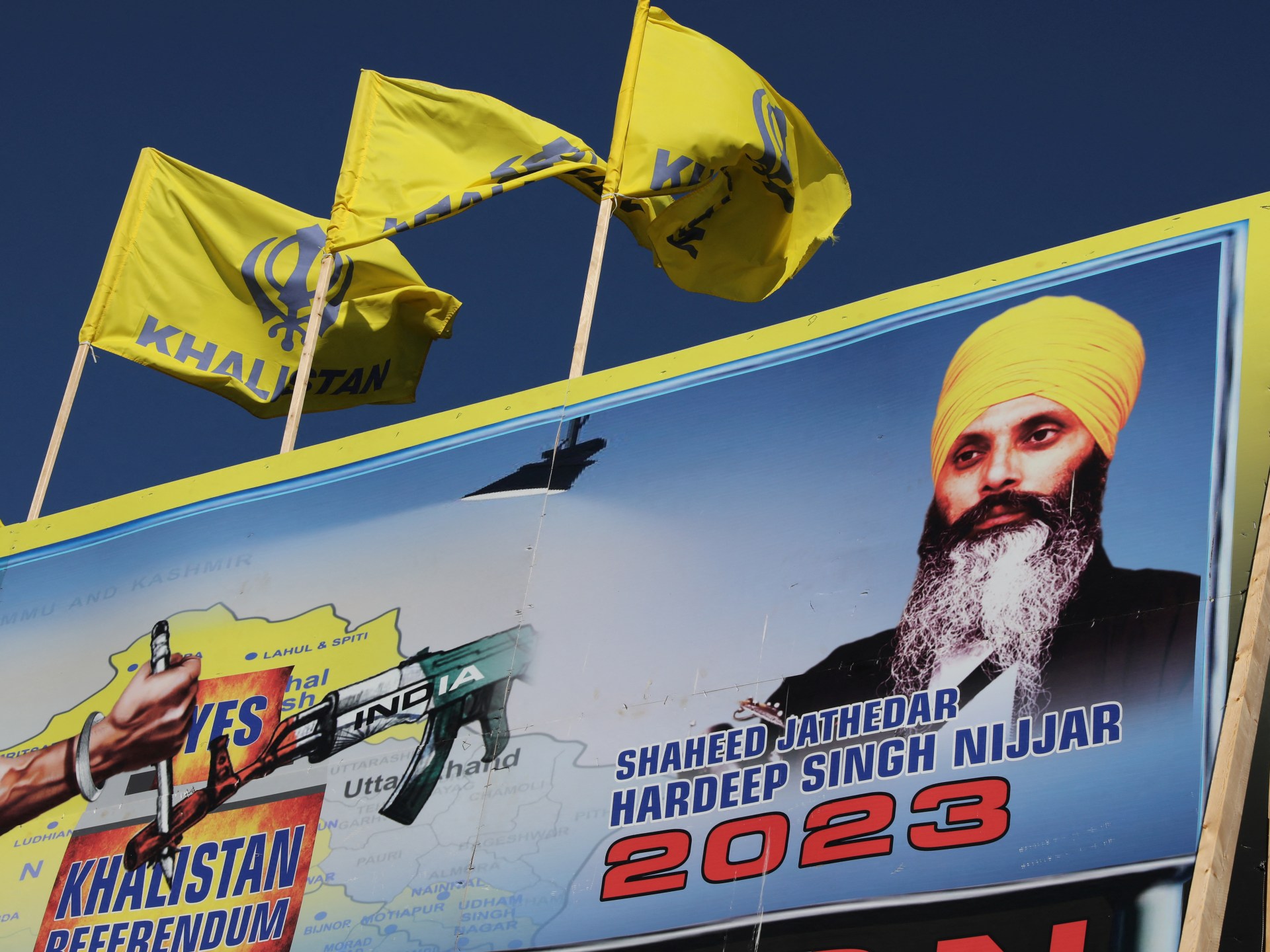Cleveland-
A former US envoy to Ottawa expressed concern about what Prime Minister Justin Trudeau had said about Canada’s defense spending.
David Jacobson, who served as Barack Obama’s ambassador from 2009 to 2013, said the Washington Post’s recent report could be a setback for Canada-US relations.
The newspaper said Trudeau had privately told NATO officials that Canada would not meet the alliance’s military spending target of 2% of gross domestic product.
Jacobson said the comments, if true, risked making it more difficult for the two countries to resolve future bilateral issues.
They can also undermine American public confidence in NATO by fueling the perception that the United States bears most of the military burden in the world.
Jacobson, who said he didn’t know if the story was accurate, was speaking at the annual conference of the Canadian American Law Institute.
“It’s one of those things the government doesn’t believe in,” Jacobson told an audience of lawyers, trade experts and former diplomats at Case Western Reserve University in Cleveland.
“It’s a great example of what not to do to help resolve some of the bilateral issues that are…legally very important to segments of the Canadian public and the American public.”
The report, which was published online Wednesday and then Thursday on the newspaper’s front page, is based on documents from a classified Pentagon suite that have been leaked in recent weeks on online gamer chat rooms.
Jack Teixeira, a 21-year-old IT professional and member of the Massachusetts Air National Guard, was arrested last week and faces charges of violating US espionage law.
The newspaper said the unsigned and undated document, which The Canadian Press has not seen, showed “widespread” military shortcomings in Canada that are causing friction with security partners and allies.
Jacobson recognizes an old truth in a politically polarized United States: that public support for overseas military missions is fragile, especially when the American taxpayer foots most of the bill.
While NATO has long struggled to get many of its members to meet its 2% spending target, US military spending is about 3.3% of GDP, 13 times that of Canada.
By comparison, the federal government in Ottawa currently spends about 1.4% of GDP on defence.
“What if the American public will decide why we are doing this? Why do we defend the world? said Jacobson. He added that it was in the interest of the United States.
“But at some point, people are going to say, ‘Yeah, we own all these free riders’ – I hate to use that term – ‘We own all these free riders and we’re not going to do it again.
It’s a phrase reminiscent of former US President Donald Trump, who has repeatedly berated NATO allies for failing the alliance – and is running for president again next year.
The Post story did not detail or elaborate on Trudeau’s comments. But this reflects complaints from some allies about perceived shortcomings in the Canadian military.
NATO, for example, is “concerned” that Canada is not increasing the ranks of its battle group in Latvia, which is part of a multinational deterrence mission in Eastern Europe known as the operation name Reaffirm.
The Washington Post reported that Turkey was “disappointed” by Canada’s “refusal” to help transport aid after an earthquake earlier this year, while Haiti was “frustrated” by the reluctance of the Canada to undertake a security mission there.
The newspaper quoted the document as saying “widespread defense shortcomings hamper Canada’s capabilities, while cementing partner relationships and coalition contributions.”
Defense Secretary Anita Anand dismissed the Washington Post’s hypothetical story in an interview Wednesday, following a meeting with current US Ambassador David Cohen.
“We discussed the upward trajectory of our defense spending and the fact that Canada continues to make significant investments in the Canadian Armed Forces,” Anand said.
He added that the Liberal government has committed nearly $40 billion to modernizing and defending NORAD in North America, as well as $8 billion in military spending announced in Budget 2022.
As for Latvia, Canada has launched an urgent and competitive procurement process to provide troops there with anti-tank, drone and air defense systems, according to Anand.
The newspaper said troops warned in February that a major military operation was unlikely at this time, given the deployment in Latvia and Canada’s continued military support for Ukraine in its war against Russia.
The United States is also desperate to find someone to lead a multinational support mission in gang-ridden Haiti, with officials even citing Canada as a suitable option.
But Jacobson said the question of Canada’s role in Haiti was not so much a bilateral dispute as a serious question of capacity.
“One of the things I learned about military engagement is that you can’t do everything. You don’t have enough bullets, you don’t have enough tanks, you don’t have enough soldiers to do whatever you want. do,” he said.
“You have fewer tanks, soldiers and shells if you spend 1.4% of GDP.”
This report from The Canadian Press was first published on April 21, 2023

“Thinker. Hardcore web aficionado. Zombie evangelist. Pop culture trailblazer. Student. Passionate twitter maven.”





